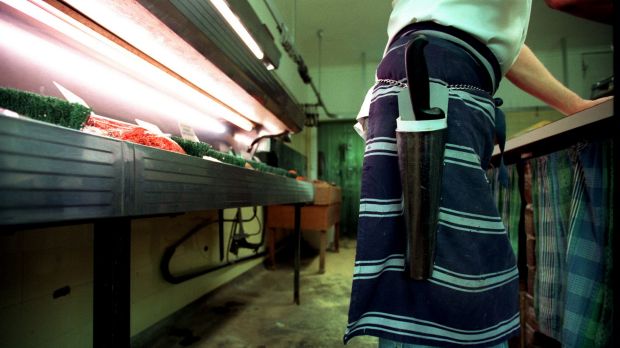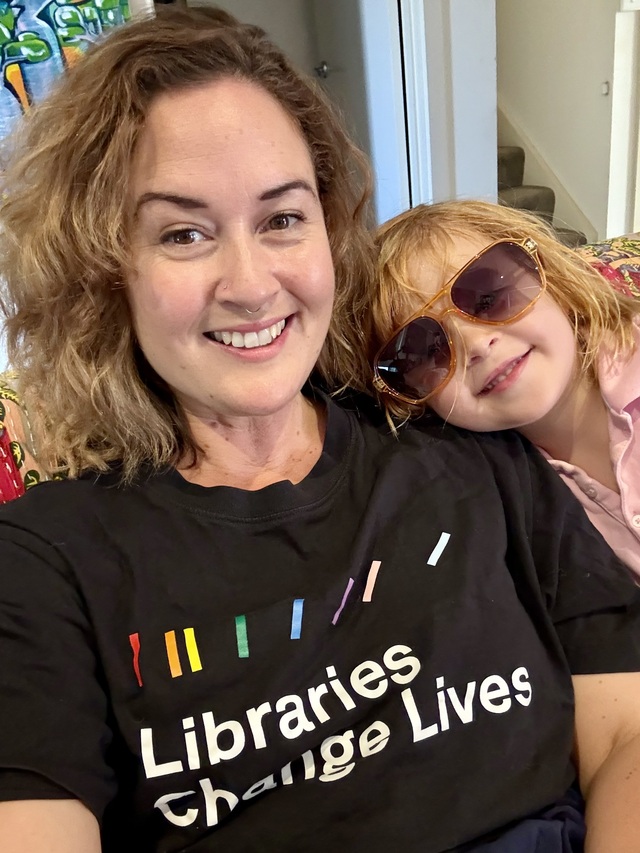Health officials are investigating an outbreak of a rare and potentially serious infectious disease among meat workers in Melbourne’s western suburbs.
People working in and around Vic Wide Meat Brokers and W J Drever in Laverton North are being tested for Q fever after six employees of the two meat businesses fell ill with it.
Other staff working at the site and at similar businesses nearby are now being contacted to ensure they are vaccinated against the disease which usually produces flu-like symptoms and can cause pneumonia and liver inflammation. While only half of all people infected with it get symptoms, it is fatal for one to two per cent of those people.
The Victorian department of health is now writing to contractors who may have visited the site since late last year to provide them with advice about signs and symptoms. The businesses are located at 9 Holcourt Road in Laverton North.
“Both the Department and WorkSafe officials have visited and inspected the premises to check on the vaccination status of other staff, and arrange testing and vaccinations, as required,” said Victoria’s Chief Health Officer Professor Charles Guest.
“At this stage there is no broader public health issue as our investigation shows all exposures have been confined to the site and have occurred in the workplace.”
Professor Guest said Q fever is the name given to human infections caused by the bacterium, Coxiella burnetti.
“It is transmitted by contact with cattle, sheep and goats and other animals and is a risk for people who work with these animals or their products, such as abattoir workers and farmers,” he said.
“The signs and symptoms of Q fever are fever, usually with severe headache, weakness, muscle aches and sweats lasting two or three weeks – similar to severe influenza.”
“A small percentage of people with Q fever infection report on-going fatigue and weakness that may persist for months. In some cases the illness is asymptomatic, with past exposure only becoming evident on skin and blood testing. Q fever is not spread person to person.”
Barry Hall, CEO of WJ Drever, an offal supplier adjoining Vic Wide Meat Brokers, said his business appeared to be the source of the infections. He said the workers who fell ill with it probably inhaled steam coming from his plant that had the bacteria in it.
Mr Hall said he had rectified this problem and that all meat was being cooked at high heat to ensure the bacteria was eliminated.
“We’ve been in business for 90 years and this is the first time it has happened,” he said. “With the help of the health department… we’ve contained it pretty well… we’re under control.”
A spokesman for the department of health said there was no risk to people eating meat supplied by the businesses.
According to the South Australian department of health, the bacterium Coxiella burnetti is passed into milk, urine and faeces of infected animals and during birthing, large numbers of organisms are shed in the birth products. People usually inhale it in air carrying dust contaminated by the bacteria. Contaminated clothing, wool, hides or straw may also be a source of infection.
– Julia Medew, The Age

















